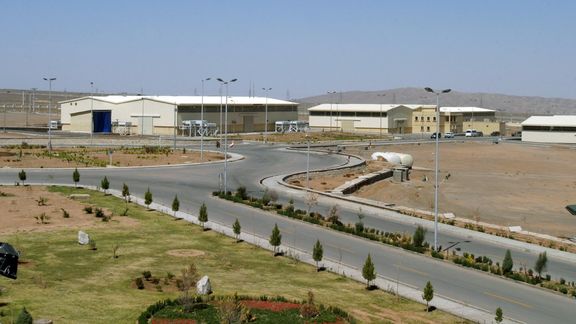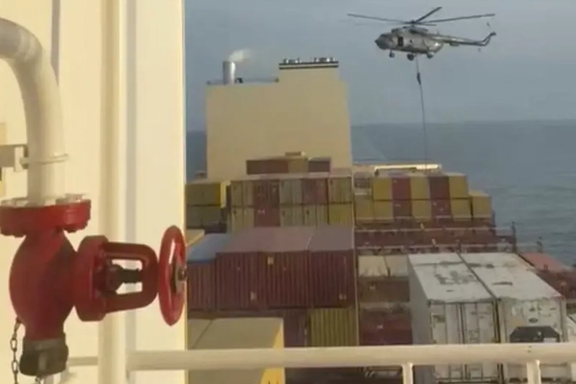According to Reuters, Maritime Mutual, based in Auckland, is alleged to have provided insurance to dozens of tankers that carried Iranian crude under false identities through ship-to-ship transfers and falsified records.
Police searched the company’s offices in Auckland and Christchurch on October 16 as part of a financial crime investigation into possible sanctions violations, the report said.
The insurer, run by British national Paul Rankin, is reported to have covered vessels belonging to Iran’s so-called “shadow fleet,” tankers that disguise their ownership and routes to move sanctioned cargo. Ships insured by Maritime Mutual have carried at least $18 billion worth of Iranian oil since 2018, Reuters said.
Documents reviewed by Reuters showed that vessels insured by the company often disabled tracking systems or sent fake coordinates, a tactic known as “spoofing,” to conceal their movements.
Maritime Mutual said it “categorically denies” breaching sanctions and keeps a “zero-tolerance policy” toward violations. It said it operates under “rigorous compliance standards designed to ensure full adherence to all applicable laws.”
Shiraz Marine connection in Iran
Reuters reported that Shiraz Marine, an Iranian shipping company, described itself as a representative of Maritime Mutual.
A letter posted on Shiraz Marine’s website, bearing what appeared to be Maritime Mutual’s logo and the signature of company founder Paul Rankin, said the Iranian firm could promote the insurer’s interests.
Shiraz Marine later referred to itself on social media as the “official representative of the New Zealand P&I Club (MMI) in Iran,” Reuters said.
Shiraz Marine did not respond to Reuters' questions about the matter.
Maritime Mutual’s revenues rose sharply after US sanctions on Iran and Russia tightened.
Company filings showed average annual revenue growth of 41 percent from 2019 through 2024, reaching $108.5 million last year, up from $14.2 million in 2018.
Revenue growth peaked at 60 percent in 2023, the first full year after Western sanctions on Russian energy exports took effect, Reuters said.
Analysts told Reuters that the shadow fleet remains crucial to Tehran and Moscow’s ability to sell oil abroad despite sanctions.
Protection and indemnity coverage from insurers such as Maritime Mutual allows these ships to enter ports and conduct trade that might otherwise be blocked.
“Without that they’re dead in the water,” said David Tannenbaum, director of sanctions consultancy Blackstone Compliance Services, commenting on Reuters’ findings.
Iran and China oil ties
Tehran has long rejected Western sanctions as illegal and vowed to maintain its oil exports despite restrictions.
The investigation coincides with evidence of sustained Iranian oil flows to China. The Wall Street Journal reported earlier this month that Beijing funnels billions of dollars to Tehran through a covert payment system that swaps oil for infrastructure projects.
The report said around 90 percent of Iran’s oil exports now go to China, much of it transferred between ships at sea to obscure origin and destination.
Data cited by Iran International showed Iranian crude shipments to China rising to 1.68 million barrels per day in August, their highest level since before the Trump administration reimposed sanctions.
Earlier this month, the US Treasury announced sanctions on more than 50 individuals, entities, and vessels linked to Iran’s petroleum and liquefied gas exports, saying the move aimed to “degrade Iran’s cash flow” and disrupt funding for militant groups. Treasury Secretary Scott Bessent said the action marked the fourth round of measures under President Donald Trump targeting China-based refiners that continue to buy Iranian oil.






